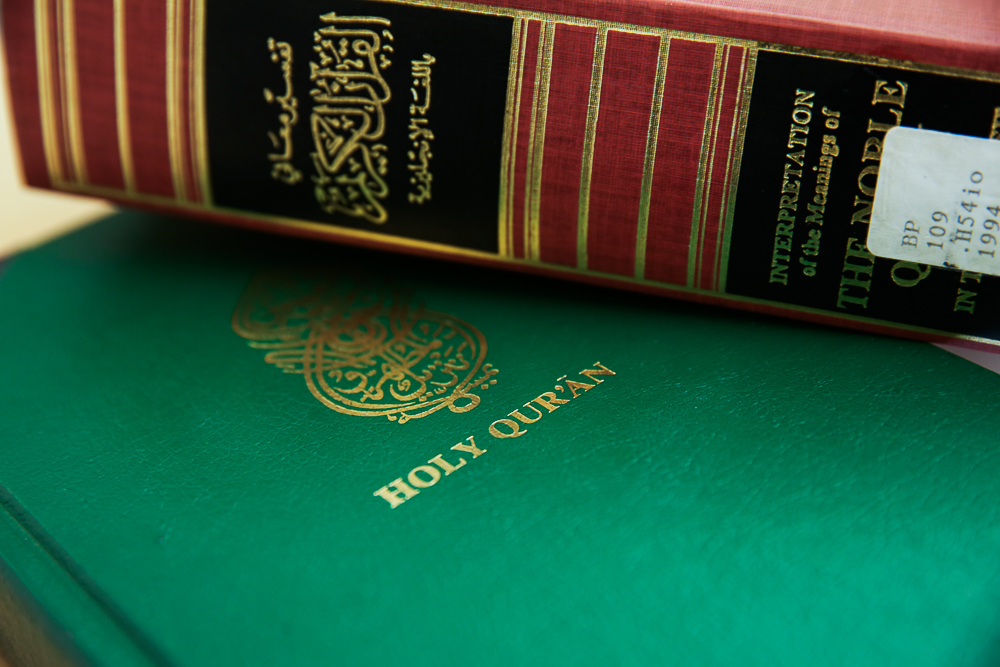When Americans and Christians face news of ISIS attacks such as the bombs in Brussels, Belgium on March 22, the first and most natural reaction is revulsion and a seeking of justice and condemnation for this evil.
A natural but good reaction
This is not only a natural reaction, but a good one. When we see brutal terrorism, we would be failing as humans to look on it with indifference. We ask ourselves how anyone could possibly justify these actions. And when we see how the perpetrators of these horrific acts justify their actions with religion, we often believe their justification indicates every participant related to their ideology must also justify it.
And there exists another camp who avoids this type of criticism at all costs. They recognize this type of violent behavior is generally condemned by most Muslims and they believe those who call Islam a religion of violence are extremists themselves.
The latter response sounds more appealing, more compassionate, generally speaking. We must turn away from and condemn unnecessary criticism and generalization. But I hesitate to turn away from all criticism. We cannot shy away from facing hard questions. But as Christians and Americans debate to what extent they should criticize Islam itself, I find myself falling back on two major ideas — the golden rule and freedom.
Focusing on own agendas
Islam receives a lot of criticism in similar ways Christianity does. We are often called extremists and bigots, hateful and unyielding. In some cases, critics point to a vast array of Holy Wars and call us violent. My response in these cases is often that these people do not hold to true Christianity and they focused more on their own agendas than the Gospel.
I see this same response in the responses of many Muslims. They would respond to criticism saying terrorists simply misinterpret their holy book and take its words out of context. Critics would disagree, believing their holy book condones violence, but in some cases I do have sympathy for these frustrated Muslims. I know I also grow frustrated when skeptics take Bible verses like those describing violence in the Old Testament out of context and call us inconsistent.
But at the same time, I do not want to cut off all criticism of any religion — Christianity included. I know the Bible is true and consistent, even when scrutinized. I am sure Muslims feel the same way. I may not believe their religion is true, but when I do criticize, I want to do it respectfully and with the understanding that I have to make smart and thoughtful criticisms, keeping context and culture in mind.
Unyielding to the truth
We must defend our ability to scrutinize ideas and ideologies. But Christians especially must be wary of how we criticize other religions, and we must do it in a Christ-like way. Looking at acts of violence and calling an entire group of people violent cannot be tolerated. If we allow this, we simply allow this same generalization to be directed at us.
When we scrutinize the truth and consistency of other religions, we must do the necessary work. Be a good apologist, not an ignorant fool bent on tearing apart an identity that many people hold dear. Do not take words and verses out of context. Instead, look at the whole picture and look at the debates even within the Muslim community.
Christians are to represent Christ in this way — we must be unyielding for the truth, but loving, thoughtful and wise in its execution. Defend the faith, but defend the right to have faith too.







